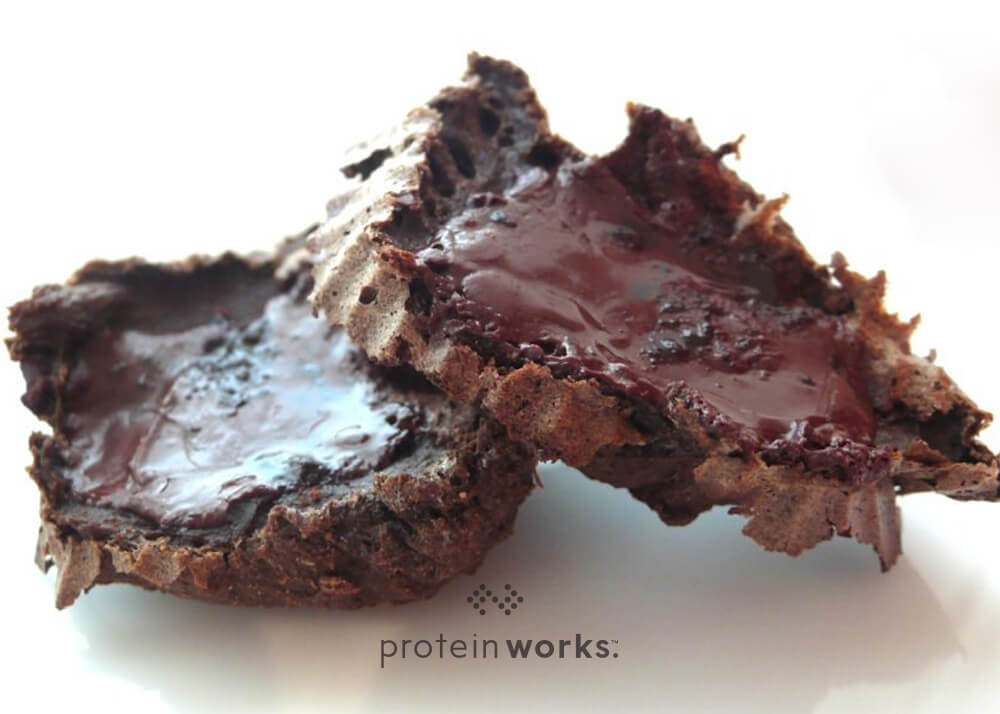
Indulge in the delectable pleasure of Chocolate Low-Carb Protein Cookies, a delightful treat that combines rich cocoa and wholesome ingredients.
Enjoy them as a delightful snack or a sweet ending to any meal to fuel your day.
Explore this Chocolate Low-Carb Protein Cookie recipe below…
Chocolate Low-Carb Protein Cookie
Ingredients:
1/4 cup vegan protein powder
1/4 cup brown rice protein powder
1 1/2 cup coconut milk
1 small cooked sweet potato
1 tablespoon coconut flour
1 tablespoon cocoa nibs
100% dark chocolate
Directions:
1. Blend together the ingredients except for the chocolate and bake in seven muffin cases at 170 C (338 F) for about 25 minutes.
2. When finished, cut in half and top with a small piece of chocolate.
Macros per Serving (out of 7):
51kcals
4g protein
4.6g carbs (1.1g sugars)
2g fat (1g fat)
2.7g fibre
Notes: Vegan protein powder and/or brown rice protein powder can be substituted with casein.


No Comments yet!